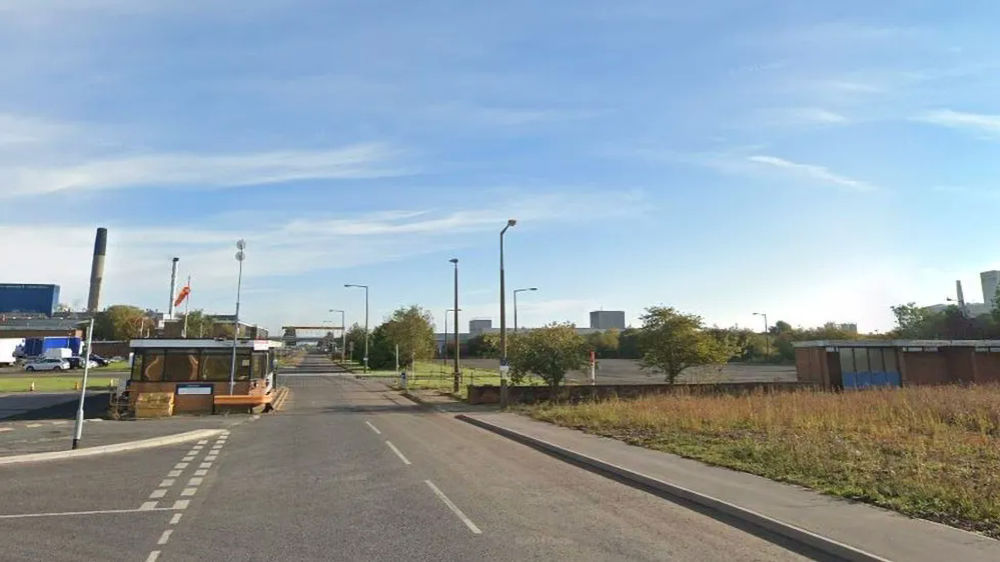North East Lincs Council has approved plans for a 25,000 ton tyre pyrolysis plant at Great Coates Industrial Park, Grimsby
The planning application was made on behalf of Mary Sweere, of Fluid Ice FO Ltd., Mary Sweere is also a director of ELT Recovery Ltd and her resume is admirable. The plant is projected to employ 50 full time jobs and a further 30-40 sub-contractor jobs.

The planning approval is subject to Environment Agency provisions around the previous use of the site, pert of which has been used for landfill.
The Fluid Ice FO website suggests various partnerships, in particular with a company that operates a plant in the south of Poland.
Currently, the Environment Agency appears to have no record of any Permits held by ELT Recovery Ltd, or Fluid Ice FO Ltd.
Ms. Sweere advised Tyre and Rubber Recycling that more details would be available once a PR Agency had been engaged.
Grimsby has long been a target for pyrolysis projects. Mishergas had a planned project for Grimsby, but that failed to materialise, as did a previous project by another group of investors.
Companies who also appear to have looked at projects in the Grimsby area include Pyrenergy Ltd, Pyrenergy EP Ltd, Energy Pyrolysis Ltd and Thermal Renewables Ltd has been operating a plant according to environmental reports from NE Lincs Council. A check on company directors shows connections between all four of these companies.
Pyrolysis is a technology that is currently flying high, with promises of huge dividends, if and when the business comes to fruition. However, attracting the investors to create a plant is always a challenge, and often projected start dates are delayed by the reluctance of investors to fully back projects. The biggest hurdle is finding the markets for the end product. Tyre pyrolysis oil can always be sold to refineries, but the char needs to be refined to become recovered carbon black, and then it has to meet the requirements of the market – that latter point is a hurdle as black is not just black.
We have seen one large project in the UK have all its logistical and technical ducks in a row, but still struggle to reach that final hurdle of the financial investment.




















